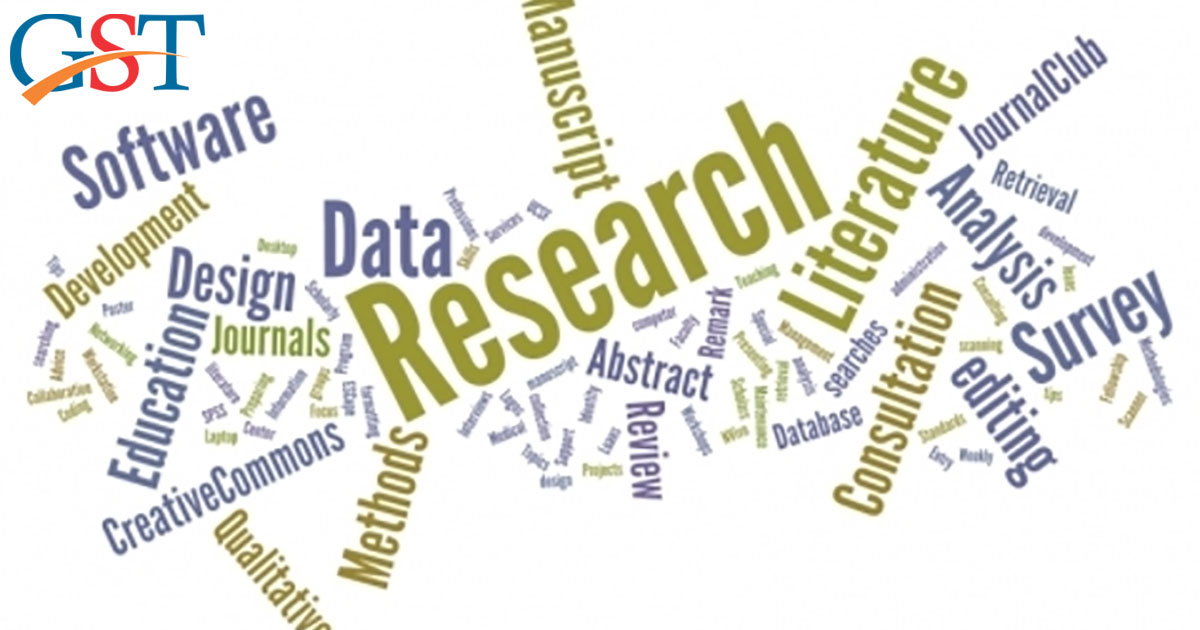The Union ministry of commerce & industry now has given its consent to resolve the issues tolerated by the Indian pharma industry concerning export of research services. The government is likely not to impose GST for research related services.
As mentioned under Section 13(3) (a) of the Integrated Goods and Services Tax Act 2017, “The place of supply is to be determined as per location of performance of services are in relation to the goods made available by the recipient.” It is important for the biotech industry to get an explanation on this matter. Association of Biotechnology Led Enterprises (ABLE), organizer of the dialogue with the ministry of commerce, has determined to resolve the problem.
An ABLE delegation currently arranged a meeting with Union commerce minister Suresh Prabhu and his team to debate the issue regarding the sector who is under a service tax levy.
Kiran Mazumdar-Shaw, ABLE’s non-executive chairman said during the BioEconomy India conclave, Bengaluru, “For a lot of services being rendered for overseas clients, the government had the strange way of interpreting the research services carried out on any imported analytical material even though the analytical data was being exported.”
Information technology services sector is not liable to pay service tax. She further said, “In our case, the government had decided to levy it because the work is physically being done in India and there is actually material coming into India and therefore GST was being levied. So we made the government understand that this was not the way to interpret research services or export of services. Now if this was what the government wanted, it was making the sector uncompetitive.”
Read Also: Goods and Services Tax Impact on Healthcare Industry in India
After the discussion with the government in a dialogue, the research services will not attract the GST anymore, said Shaw, the chairperson of a biotechnology company.
ABLE has urged while discussing the matter with the ministry of commerce & industry, relief the R&D sector with the starting of two steps. One, the Central Board of Excise and Customs is required to generate an explanation regarding GST impose on research services, in-vivo, in-house development of molecules, DMPK stability, and assay. Second, an amendment is necessary in place of rules under R&D services, clinical testing and evaluation developed drugs.
Quoting over the development, Rashmi Deshpande, associate partner, of a big company. mentioned, “Relatively cheap and highly skilled workforce has made India an attractive destination for pharmaceutical companies seeking to outsource their R&D functions. While such R&D units will undoubtedly boost employment and foreign exchange earnings for our economy, it is imperative for the government to create a conducive tax and regulatory environment. Abolition of GST on research services is a good first step to provide a boost to the Indian pharmaceutical sector. However, GST exemption will mean denial of input tax credit for such R&D units, pushing up their tax costs. The government should consider devising a mechanism to provide relief on this count”.









